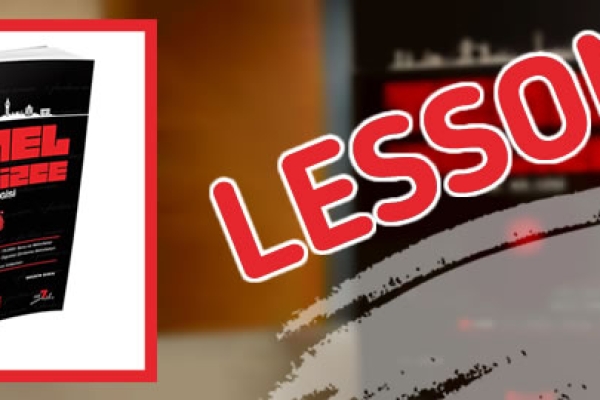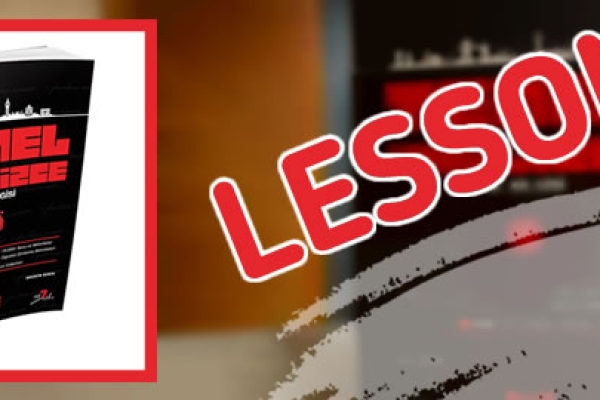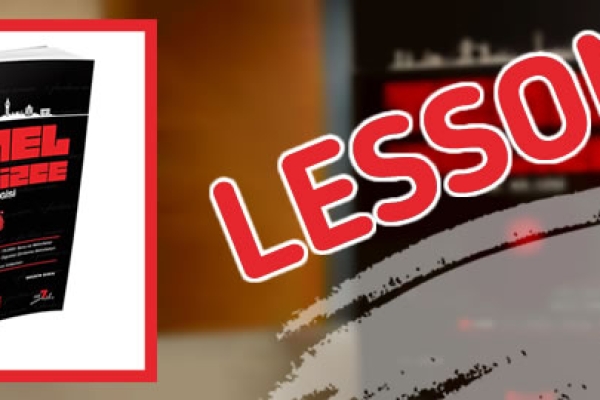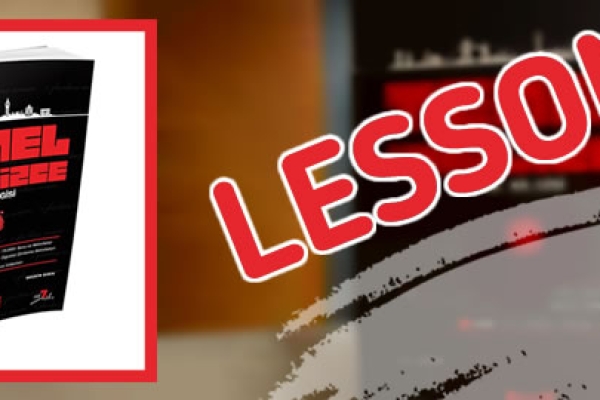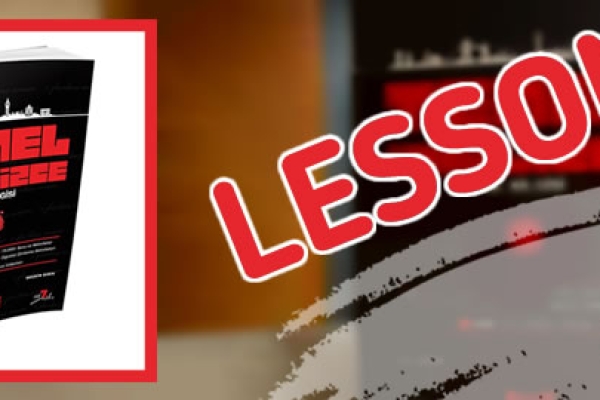Before:
"Before" is used to show that one action or event happens earlier than another action or event.
Example: She finished her homework before she went to bed.
After:
"After" is used to indicate that one action or event happens later than another action or event.
Example: He called his friend after he finished work.
When:
"When" is used to express that two actions or events happen at the same time or one after another.
Example: I always drink coffee when I wake up in the morning.
Remember to use the appropriate verb tense in the main clause and the time clause to reflect the relationship between the actions or events.
Practice using these time clauses in sentences to reinforce your understanding.
*** *** ***
Dear Student, this course is for the Turkish market only. Therefore the explanations in the video lesson are in the Turkish language. If you would like to watch our Video lesson in English. Please check this course for you.



